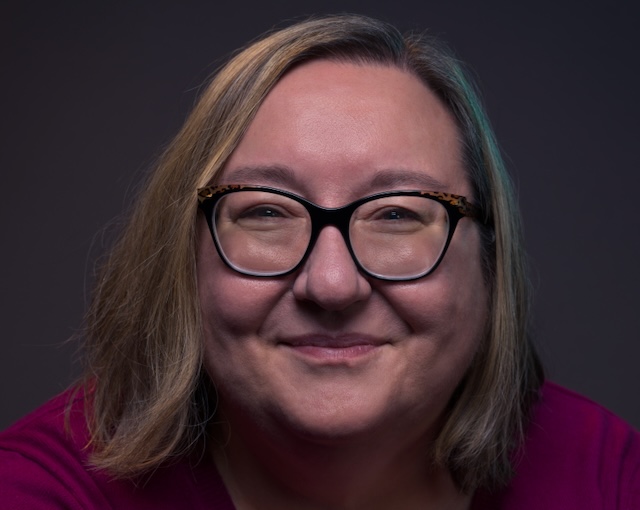
(Context: Working on a contest application for a new novel; this is the opening, so far…)
I’m not going to lie to you. Not yet, anyway. And even then, I probably won’t mean to deceive.
I have no right doing this.
I’ve read a few Hammett novels and enjoyed The Maltese Falcon a couple of times. Truth is, The Thin Man is more my flavor of detective fiction. Nick and Nora Charles are legit role models; I aspire to bring as much wit to solving a series of crimes as to tossing back serial martinis before noon.
Once, in a freshman English class, I dissected a collection of Conan Doyle stories, imposing my newly minted Freudian credentials on Sherlock and Watson’s relationship. My professor congratulated me, not for my grasp on the material or literary theory, but for having a strong writing voice. In other words, I overreached wildly in my analysis, but at least I stated my case with authority.
Then there’s Mrs. Christie: Murder on the Orient Express. Evil Under the Sun. Death on the Nile. All fine beach reads, full of exotic travel, posh people, and polite homicide. The settings and the general society do much to recommend her work. Frankly, though, Agatha’s mustachioed and meticulous Belgian detective, Hercule Poirot, left me so cold, I never bothered to take a stab at quaint and cozy Miss Marple.
I did piss my mother off when I devoured her cherished set of Nancy Drew mysteries in the course of one muggy, mosquito-riddled New England summer. It had taken her years to collect and consume the complete oeuvre. I cheated by resorting to the under-the-covers-at-night-with-a-flashlight method. Honestly, it was easy to read a couple of these books each day because every one of the plots was identical. The devil—and the difference—was in the details. Isn’t that always the way?
No, I don’t consider myself fan of that genre shelved in the local library underneath a magic marker and poster board cut-out of Holmes’ funky hat and magnifying glass. The modern mystery feels competent, yet formulaic and forced. All the questions seem to get answered in the end. When does that ever happen in real life?
I am, however, a huge fan of curiosity. Fate—which is what the superstitious label the marriage of history and biology—led me to understand from a very early age there are far more questions than answers. And this is the ideal situation because, in virtually every case, questions are preferable to answers. Answers are limiting. Answers are final. Answers masquerade as truth. And answers generally hurt, whether by delivering a sting or a knockout punch.
So I’ll stick to questions. My history and biology have collaborated in such a way that I am forced to question everything inside and outside of me, every minute of every day. I’d appreciate it if everyone else stuck to the questions; at least then I might feel as if I could start the day on equal footing with the rest of the human race.
My name is Claire Clement, and I myself am something of a mystery. I’m bipolar—manic-depressive, if you’re old school. As little as experts know about the functioning of the normal homo sapiens brain, they know even less about what my abnormal one is doing at any given moment. In some circles, it’s considered a miracle that I can hold a job. In others, I am revered, having been “touched by fire” alongside Poe and Plath (never mind that it didn’t exactly end well for either of them). In still others, I am a damn fine way to turn chemistry into cold, hard cash.
I sense you have questions. I have answers I’ve learned by heart. My official diagnosis, according to the crack team of professionals who care for me and the Diagnostic and Statistical Manual of Mental Disorders, Fifth Edition, is Bipolar 2. Symptoms, which must persist for longer than two weeks and be observable by people you interact with, include:
– Exaggerated sense of self-confidence, grandiosity
– Sleeping too much or too little
– Unusual talkativeness or exceptionally slow speech
– Racing thoughts
– Attention/focus issues
– Psychomotor agitation—restlessness or sluggishness
– Impulsivity, poor decision-making, risk-taking
– Loss of interest and pleasure (anhedonia)
– Significant changes in weight and/or appetite
– Loss of energy
– Feeling extreme worthlessness or guilt
– Thinking about, planning, or attempting suicide
I concur with this diagnosis, even if it is a bit dry. It doesn’t make the highs sounds as monstrously intoxicating as they can be, nor the lows as hollow and lethal. But it does describe the emotional rollercoaster that is my life.
